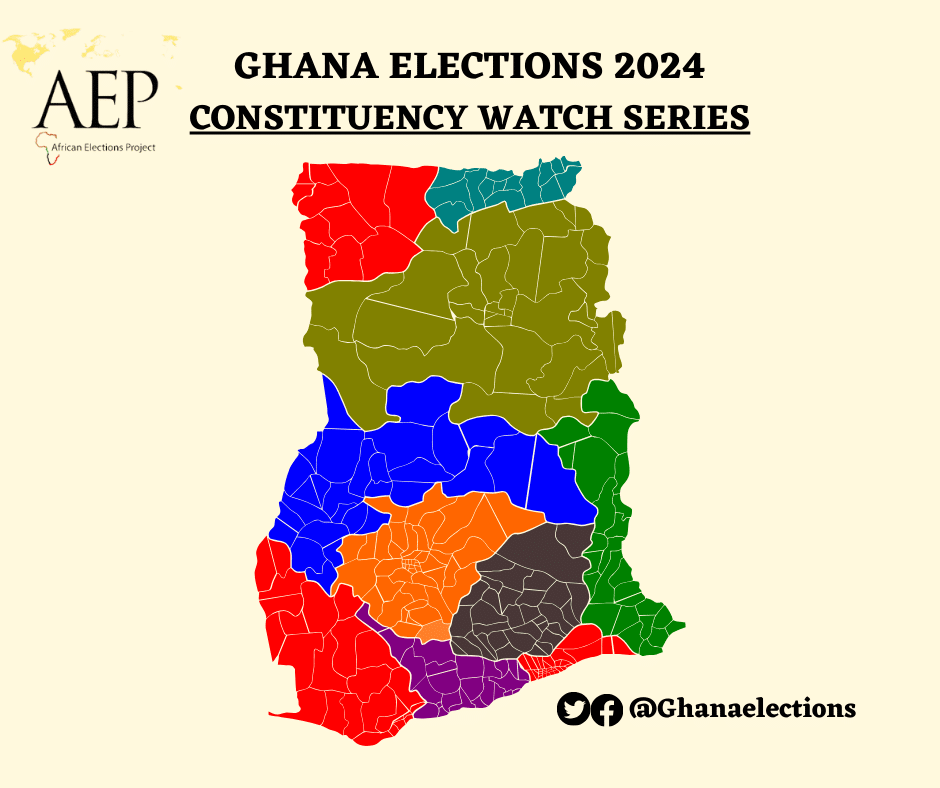Climate change has become an undeniable global challenge, and this has prompted nations worldwide to devise strategies to reduce its impact. Recognizing this challenge, Penplusbytes commends the Government of Ghana for its proactive efforts in addressing climate change and acknowledges the implementation of the Emissions Levy Act, 2023 (Act 1112), which came into force on February 1, 2024 as a significant step towards mitigating greenhouse gas emissions and promoting eco-friendly technology and green energy adoption in Ghana.
From a climate change standpoint, Penplusbytes based on our recent scoping research on the impact of climate change in Ghana, view this legislative action as a laudable initiative, foreseeing its potential to reduce carbon emissions. However, there are a few concerns that warrant attention.
Penplusbytes expresses reservations regarding the taxation framework for vehicles outlined in the Emissions levy. Although the Act seeks to promote the use of eco-friendly technologies and green energy to improve environmental protection, the government seems to be more interested in mobilizing revenue from the Levy than in mitigating climate change. There is apparently no clarity in the new Emissions Levy Act concerning the administration of the tax to tackle or prevent emissions. This begs the question of the government’s true interests, i.e., mobilizing revenue for business or addressing climate change mitigation and adaptation issues in the country.
Already, there is an existing Sanitation and Environmental Pollution Levy on petroleum products, whose administration the government has not been consistently accountable for. In a country where the diversion of revenue generated from levies, notably the National Health Insurance Levy and GETFund Levy, is not new, such ambiguity in the Emissions Levy Act gives the government another opportunity to continue on the same tangent.
In light of these considerations, Penplusbytes calls upon the government to:
• Establish clarity concerning the administration of revenue accrued from the new Emissions Levy Act addressing climate change mitigation and adaptation issues in the country.
• Institute measures to increase public awareness on the importance of reducing carbon emissions, environmental pollution and other climate change-related issues. Government can run campaigns to raise awareness on the need to transition to green energy.
• Make deliberate attempts to have more Electric Vehicle (EV) companies establish an assembling plant in Ghana and invest in the energy sector. This will help boost electric vehicle penetration in Ghana and help address the huge gap in electric vehicle maintenance, non-availability of spare parts, as well as charging infrastructure for electric vehicles.
• Provide incentives for startup companies developing software and other parts for electric and low-emission vehicles. This could include exemptions from registration tax, and value-added tax.
As the government continues to navigate the complexities of climate change, Penplusbytes remains committed to collaborating with all stakeholders on all fronts to realize a sustainable and resilient future for all.
###
About
Penplusbytes is a not-for-profit organization driving change through innovations in the following key areas: using new digital technologies to enable good governance and accountability, new media and innovations, climate and well-being, and enhancing oversight for effective utilisation of mining, oil and gas revenue and resources.
Under the climate change and well-being thematic area, Penplusbytes has been instrumental in conducting research and publications which have informed and influenced policy directions, and trained journalists in climate change reporting.






